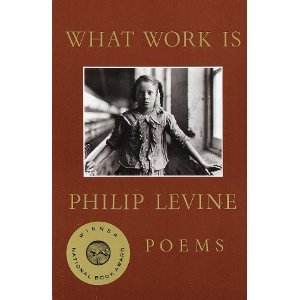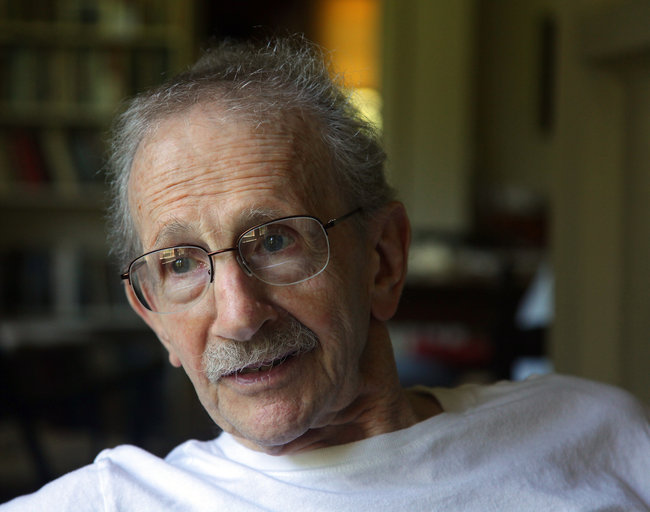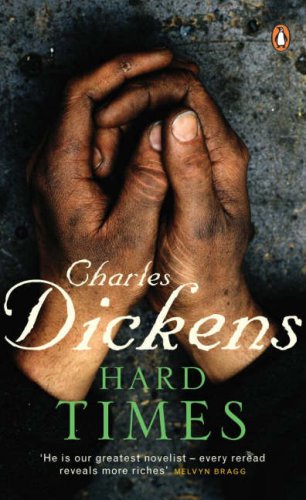Work is the all-American pastime, taking more and more of our waking hours, and infiltrating our sleep. It’s been grist for books from Studs Terkel’s Working to Joshua Ferris’ And Then We Came to the End to Joseph Heller’s Something Happened, set in an ad agency circa Mad Men, which begins with these evocative lines: “I get the willies when I see closed doors. Even at work, where I am doing so well now, the sight of a closed door is sometimes enough to make me dread that something horrible is happening behind it, something that is going to affect me adversely; if I am tired and dejected from a night of lies or booze or sex or just plain nerves or insomnia, I can almost smell the disaster mounting invisibly and flooding out toward me through the frosted glass panes.”
Recently we asked NBCC members, former awards winners and finalists, What’s your favorite book about work? The responses in this NBCC Reads series poured in (a few within minutes). Books ranged all over the map. A few books gathered multiple endorsements.We're starting off with the first.

Diann Blakely put it succinctly: “Books about work. Duh. Philip Levine. What Work Is.“
Before he became US poet laureate this fall, Philip Levine was one of the National Book Critics Circle's most honored poets. He was a finalist for the 1976 poetry award for The Names of the Lost. He won the 1979 NBCC poetry award for Ashes: Poems New and Old and 7 Years from Somewhere. He was a finalist for the 1991 poetry award for What Work Is, which won the National Book Award. And he was a 1994 NBCC finalist for The Simple Truth, which won the Pulitzer Prize. Reviewing the book in the Washington Post, when it was published in 1991, Alfred Corn wrote,”“It didn’t seem possible that Levine could improve on his first working-class portraits, yet I feel these new poems are an improvement: an extra dimension of dignity has been conferred on his characters . . . the poems ‘Fear and Fame,’ ‘Coming Close,’ ‘Every Blessed Day,’ and the title poem are perhaps the most moving that Levine has written—tender without being sentimental, calm but not lacking in passion, written in a diction as clear and lucid as spring water.”
Here's Diann Blakeley's review of What Work Is from Ploughshares:
Those who have read the poems that Philip Levine has produced in his thirty years of writing know that perhaps no other living poet has earned so fully the right to tell us “what work is.” The various “grease-jobs,” as he calls them, held in his native Detroit in his earlier days have provided him through fifteen books with a wealth of material that he has transmuted into fierce and gritty praise songs of the dignity of human labor. Levine's poems, in this new collection and before, celebrate the ability of men and women not only to endure but also to transcend, through love and its various forms of communion, the grinding harshness, exhaustion, and despair that are still the daily lot of too many in this country.
Levine has long favored the narrative form, delivering the stories of his poems in a passion-charged voice whose declarative force is reminiscent of Yeats's at his most ireful. While Levine can scarcely be said to have mellowed, part of the mastery of the poems in WHAT WORK IS derives from their dazzling modulation of tone, which in “My Grave,” for example, ranges from a whisper to a shout and strikes several notes, some of them viciously funny, in between. Nor is the poet reluctant to depart from story line. Levine's lyric asides and expansions in a poem like “Innocence,” where he describes tree-covered ground being ravaged for an expressway — “the earth / held and trembled before it gave, and the stumps / howled as they turned their black, prized groins / skyward for the first times in their lives” — are moments in which we feel him lavish love upon the sometimes unbeautiful things of this world. Such moments alone are worth the price of the volume, as are the concluding lines of the title poem, which are Levine at his best and most necessary.
Julie Eakin, editor in chief of ForeWord Reviews out of Traverse City, Michigan, explained her affection for What Work Is: “Growing up in Detroit and Flint, I have always appreciated writers who understand workers (and that writing requires a working-class ethic). I first read these poems (a gift) at the beginning of my publishing career; re-reading them fifteen years later is even more bittersweet, considering the recession and revolution in publishing.”

I ran into Philip Levine at the Whiting Awards ceremony in New York in October. He recalled with fondness winning his NBCC award (and meeting his presenter, NBCC board member Elizabeth Hardwick).
Philip Levine's favorite book about work? “My favorite book about work is Dickens’s Hard Times,” he said. “I read it when I was young and never forgot it. He gives a sense of the working conditions in the mills. Hard grinding labor. I understood that.”


